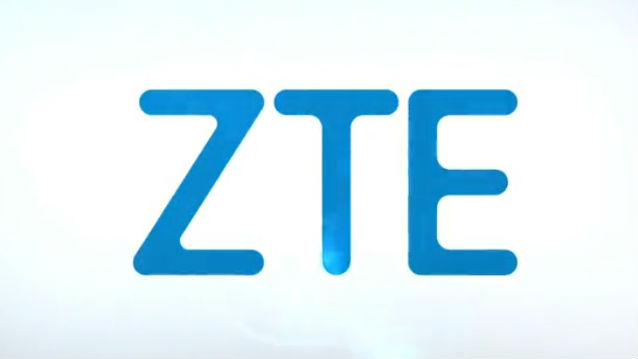TIA Backs FCC Banning ZTE, Huawei From USF Funds

The smarter way to stay on top of the multichannel video marketplace. Sign up below.
You are now subscribed
Your newsletter sign-up was successful
The Telecommunications industry Association says the FCC should not allow suppliers who are a national security risk to use government broadband subsidy funds, but it should also use targeted approaches rather than trying to apply rules to supply chain in general.
That came in comments on the FCC's propsal not to allow such funds to be used for technology from Chinese telecoms ZTE and Huawei.
Both have been identified by U.S. intelligence officials as such security threats, though President Trump has been trying to help ZTE given the Chinese jobs that could be lost if the U.S. government maintains its ban on U.S. suppliers exporting tech to ZTE, a ban which led to the company's shuttering of some operations.
Related: Pai Supports U.S. Ban on USF Funds to Chinese Tech Suppliers
The Department of Defense has also blocked the sale on military bases of phones and other devices made by Huawei and ZTE.
TIA says the FCC has a responsibility to safeguard the Universal Service Fund subsidies, which means focusing on individual suppliers, like ZTE and Huawei, with close ties to governments like China and Russia that practice cyberespionage, rather than the supply chain generally, and to specific products or types or components.
The message is not to take too broad a brush to an entire industry, whose supply chain is best managed by "public-private partnerships" and industry standards.
TIA suggests cracking down on the two companies is sufficiently targeted. "While government intervention in the marketplace should never be taken lightly," the group said, "Huawei and ZTE currently have a very small market share in the United States. Any effects on broadband deployment should be minimal."
But the FCC should not be making the calls as to who should be banned--ZTE and Huawei have already been identified as security risks, as has Kapersky, TIA adds. "[T]he FCC does not have the resources or expertise to continually monitor which companies pose national security risks," it told the FCC.
“The FCC has a key role to play, and we support the Commission’s efforts to carefully craft restrictions on USF spending," said TIA SVP Cinnamon Rogers.
The smarter way to stay on top of the multichannel video marketplace. Sign up below.
Contributing editor John Eggerton has been an editor and/or writer on media regulation, legislation and policy for over four decades, including covering the FCC, FTC, Congress, the major media trade associations, and the federal courts. In addition to Multichannel News and Broadcasting + Cable, his work has appeared in Radio World, TV Technology, TV Fax, This Week in Consumer Electronics, Variety and the Encyclopedia Britannica.

